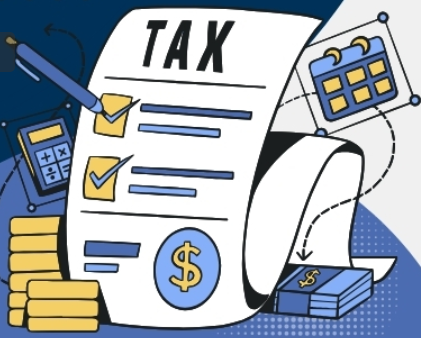
Running a small business comes with many financial responsibilities, and taxes can be one of the most significant expenses. However, with the right small business tax strategies, you can legally minimize your tax burden and keep more of your hard-earned profits. Understanding essential deductions, tax credits, and proactive planning can make a big difference in managing your finances effectively.
Maximize Business Deductions:
One of the simplest ways to lower your tax bill is by taking advantage of business deductions. Many expenses, such as office rent, utilities, and marketing costs, are deductible. If you work from home, a portion of your mortgage or rent may qualify for a home office deduction. Keeping detailed financial records through proper bookkeeping and accounting ensures that you don’t miss out on potential write-offs.
Take Advantage of Tax Credits:
Unlike deductions, which reduce taxable income, tax credits directly lower the amount of tax owed. Depending on your industry and business structure, you may qualify for credits such as the Small Business Health Care Tax Credit or the Work Opportunity Tax Credit. A tax consultant can help you identify and claim the credits that apply to your business.
Choose the Right Business Structure:
Your business entity—whether sole proprietorship, LLC, S-corp, or C-corp—impacts how much tax you pay. Some structures provide more tax advantages than others. For example, S-corporations allow pass-through taxation, which may reduce self-employment taxes. A business tax filing expert can assess whether your current structure is the most tax-efficient for your business.
Plan for Estimated Taxes:
Small business owners often need to make quarterly estimated tax payments to avoid penalties. Estimating your taxes accurately requires careful financial tracking. A tax advisor in San Jose can help you determine the right payment amounts to prevent surprises at tax time while ensuring you’re not overpaying.
Retirement Contributions and Tax Benefits:
Saving for retirement can also be a tax-saving strategy. Contributions to a Simplified Employee Pension (SEP) IRA or Solo 401(k) can reduce taxable income while helping you build long-term wealth. A certified tax planner can guide you in selecting the best retirement plan for your business.
Separate Business and Personal Finances:
Mixing business and personal expenses can complicate tax filings and lead to missed deductions. Maintaining separate business accounts and working with a personal tax accountant in San Jose can simplify the process and ensure that all business-related expenses are properly recorded.

Implementing smart tax-saving strategies can make a significant difference in your San Jose business’s financial health. Nidhi Jain CPA helps you stay informed about deductions, credits, and proper tax planning, which helps you keep more of your profits while staying compliant.
For more expert insights and tax-saving tips, refer to the Nidhi Jain CPA blog and stay informed on the best strategies to manage your business finances effectively.



